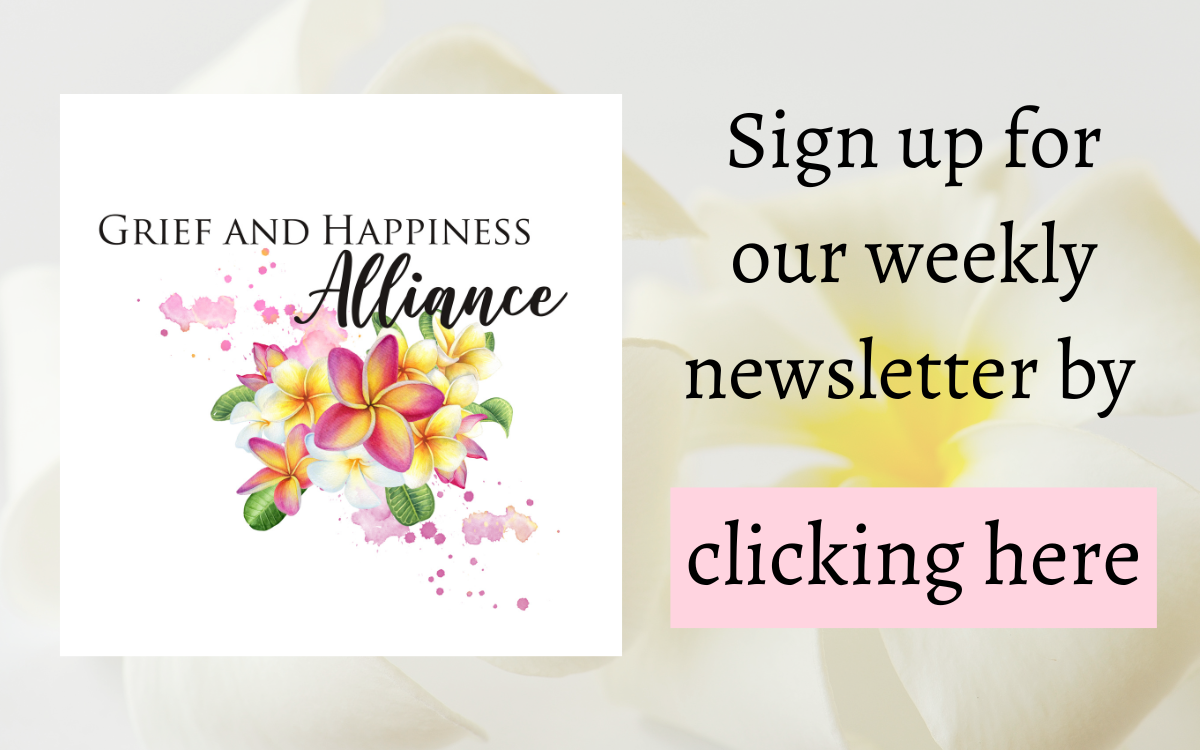
Do you always tell the absolute truth? The most common answer to this question is “Of course I only tell the truth!” But do you? Really?
Years ago, there were many stories that I told. I wasn’t trying to be dishonest. I was trying to feel better about myself. I felt that I could be seen in a better light if I just enhanced what I was saying just a little bit, but if that enhancement didn’t happen or didn’t happen the way I described, what I said wasn’t the truth.
One relationship I had ended badly, so when anyone would ask me about it, the story I told made me a victim and the other person the villain. I wasn’t exactly lying. I was trying to be persuasive and get sympathy. I look back now at my sorry self and see how what I said just made things worse.
Can you think of a time when you fudged a little? Something could be as simple as writing the weight you’d like to be rather than your actual weight on a health questionnaire is an example. Or something like telling yourself that buying just one extra carton of ice cream won’t affect your weight, when you know for you that one extra carton leads to three since they are on such a good sale.
Your dishonestly can be even more troubling when you say what you want to be true, like telling someone you love them because they said it first instead of recognizing that is not how you feel at that point. You aren’t telling the truth when you embellish what you are saying like “That pie you made was so good,” when you knew it was a struggle to take another bite. You just didn’t want to hurt the baker’s feelings. What you didn’t know when you said that was because of your compliment, that baker made several of that same pie for the bake sale later that week. Those poor people who bought something they thought would be good and your baker friend lost their reputation as a good cook.
Little lies can build up locking you in a trap of having to create bigger lies to cover up for the first thing you said. Maybe when asked about the skills of a friend, you exaggerated because you knew that what you said could get them the job they needed. When that didn’t work out, then you found yourself being more dishonest when you tried to cover for what you said in the first place.
Lies we tell ourselves while we are grieving are things like, “I will never be happy again,” or “I can’t get over how I am feeling.” What do you say about your grief that isn’t exactly true or that you don’t know if it is true or not? Remember, if you say something often enough, it can become your truth. And I know you would love to feel better.
Be mindful of what you say. When you aren’t completely sure if something is completely true, don’t say it. What often happens is that we speak first and think about what we said later. The trouble with this is once the words come out of your mouth, you can’t take them back.
When I finally realized that I was not being exactly truthful because it was easier or because I just didn’t think before I spoke, I knew that not being in integrity was hurting me. Now I have developed the habit of being mindful of what I say, of thinking before I speak. I no longer embellish, exaggerate, or just fudge a little with what I say. Changing this behavior was not quick and took dedication, and it was so worth it.
True happiness can only come with true integrity.
Get your Awaken Your Happiness Journaling Guide at no charge by clicking here: https://www.griefandhappiness.com/pl/2147595767
You can join the Grief and Happiness Alliance which meets weekly on Sundays by clicking here: https://www.griefandhappiness.com/offers/ytK7eLBa
You can order Loving and Living Your Way Through Grief by clicking here at Amazon.
https://www.amazon.com/Loving-Living-Your-Though-Grief/dp/1642504823/ref=tmm_pap_swatch_0?_encoding=UTF8&qid=1658356016&sr=8-1
You can listen to my podcast, Grief and Happiness, here. https://podcasts.apple.com/us/podcast/loving-and-living-your-way-through-grief-with/id1509589686?i=1000535381763
